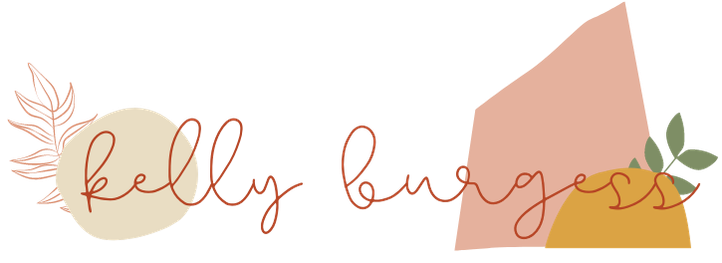
Fýrgebræc
The crackling sound made by a fire. (Old English)

Boketto
The act of gazing vacantly into the distance without thinking. (Japanese)

Wintercearig
Literally “winter-care” or “winter-sorrow." The feeling of sadness equitable to the cold of winter. (Old English)

Mistimanchachi
A light drizzle. This literally means “something that frightens Spanish-speaking urban people.” The people who speak Quechua are indigenous to the mountains of Peru, Bolivia and Ecuador, and are mostly rural. When a light drizzle starts, they just keep planting potatoes or herding sheep or walking wherever they are going, but the townspeople–mestizos–run for shelter. (Quechua)

Mutterseelenallein
Literally “mother-soul alone,” it means “a feeling of devastating loneliness–so lonely that it is as if your mother’s soul has left you.” (German)

Cúbóg
A collective noun for Easter eggs. (Irish)

Hankikanto
A frozen layer on top of snow that is hard enough to walk on. (Finnish)

Nostalgie de la boue
Literally, yearning for mud. Used to describe the feeling of being attracted to that which is depraved or below one’s stations. (French)

Morgenfrisk
Feeling rested after a good night’s sleep. (Danish)

Shinrin-yoku
Forest bathing, or a visit to the forest for relaxation and breathing in tree oils to improve one’s health. (Japanese)

Pulang
“To go home”. A very commonly used word in Indonesia. (Indonesian)

Fond de l’air
“Fond de l’air” is used only in the sentence “Le fond de l’air est frais.” Literally “the bottom of the air." The expression means it is sunny and you could be tricked into thinking it is summertime, but in fact the air is quite cool. It suggests that the weather is waiting for you to drop your guard so it can give you a nasty cold. (French)

Waldeinsamkeit
The feeling of being alone in the woods. (German)

Uitwaaien
To take a brief break in the country side to clear one’s head. (Dutch)

Qarrtsiluni
Sitting in the darkness, waiting for a vision to come forth. (Iñupiaq)

Madrugada
The moment at dawn when night greets day. (Portuguese)
A Confusion of Tongues
As an avid reader since childhood, I have been fascinated with how one can use words and language to communicate an emotion or feeling. It wasn't until I was older and started experimenting within the arts that I found that there are more universal ways to communicate outside of the written/spoken word. When I became a photographer, I realized my potential to use visual language to express myself across multiple cultures without necessarily needing to speak or understand a particular language.
I have found that there are words in other languages that have no direct translation in English. I realized that I could "translate" those words to images that convey the sense and feelings that may have gotten lost or lessened in the translation process. I am interested in the ways that different cultures and languages have a disconnect between each other and how that can be bridged by invoking a feeling through a photograph.
A lot of my past photographic work has resulted in very personal images that I have used to express a particular state of mind. I work very closely with my emotions and am able to push them out into the world in an understood but unspoken way through using color, light, and shadow to invoke a sense of mood. Photography is a perfect medium for helping people to relate and experience what I feel, and I found that I could bring that same tool to these untranslatable words that I have brought to my other work.
